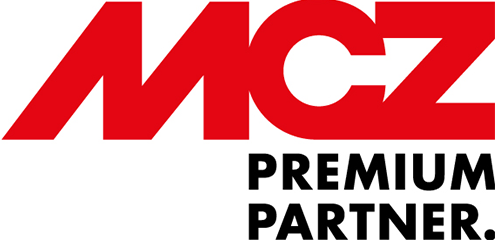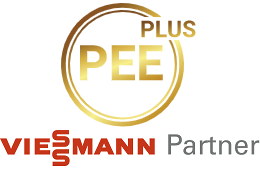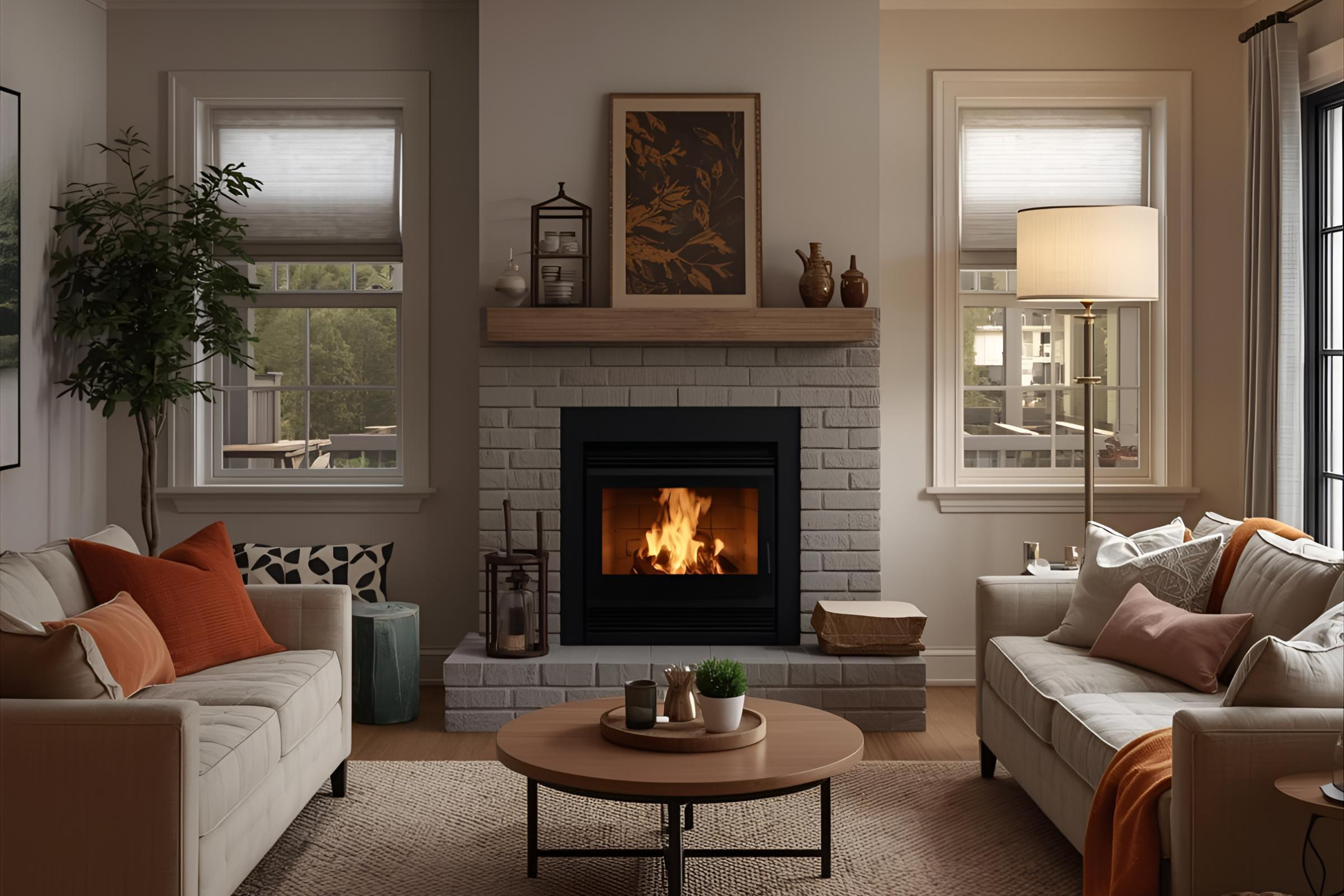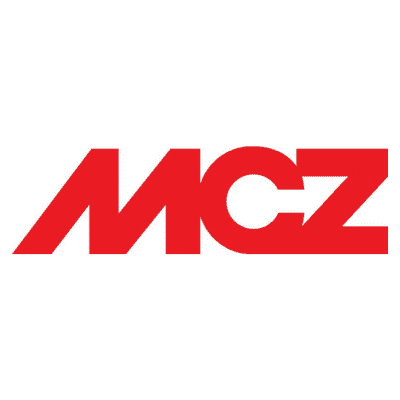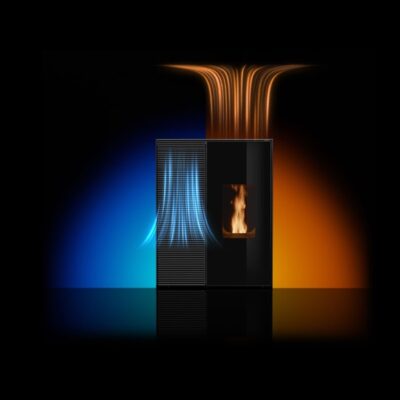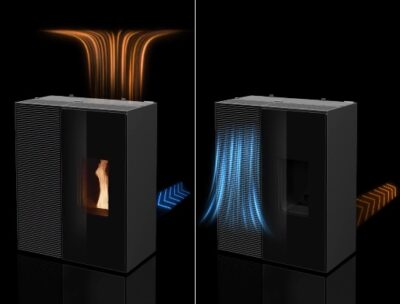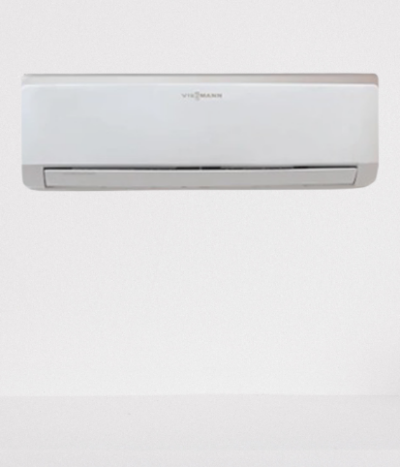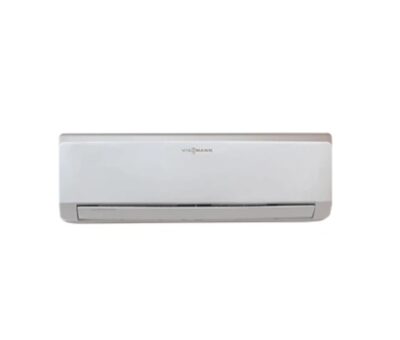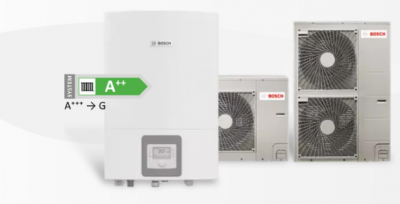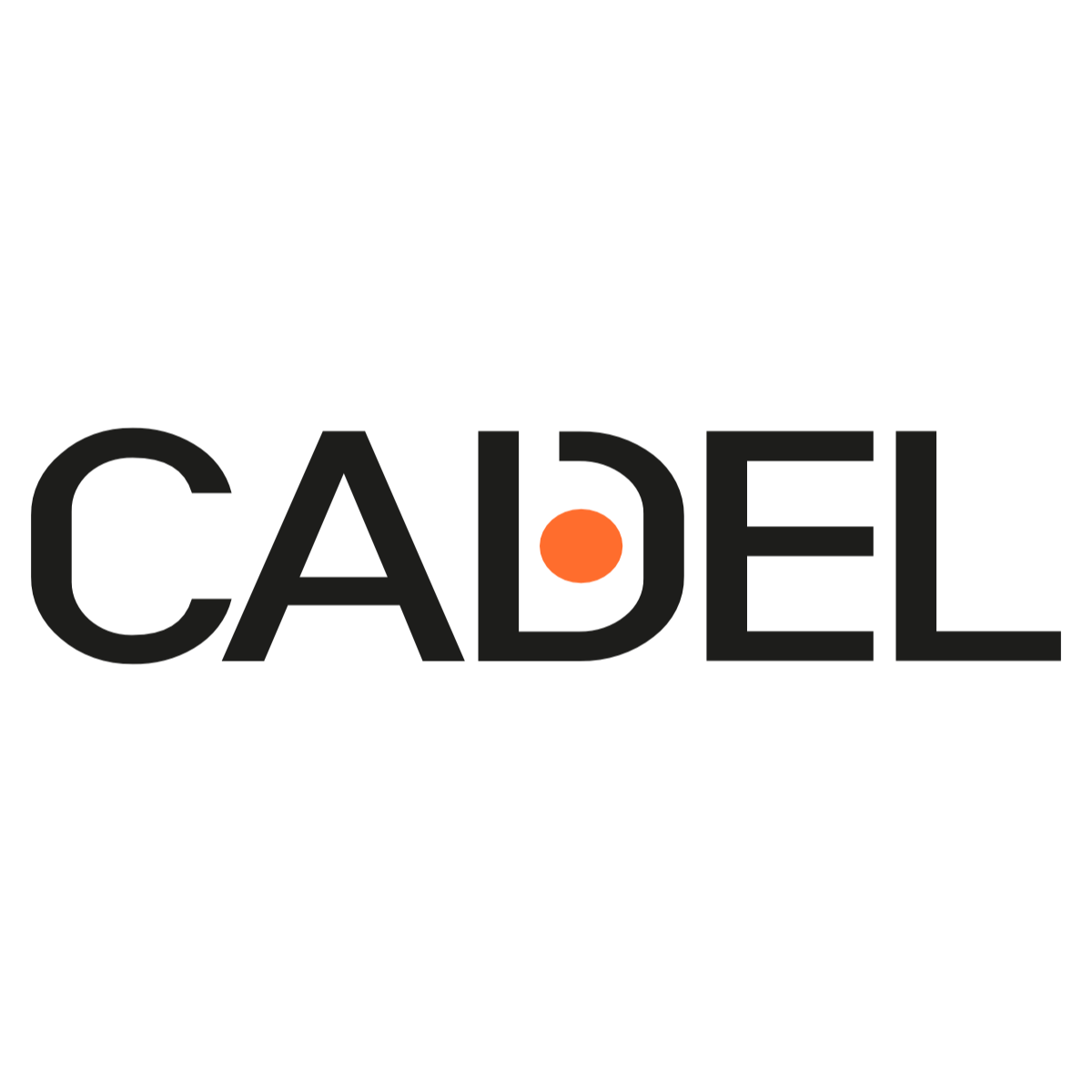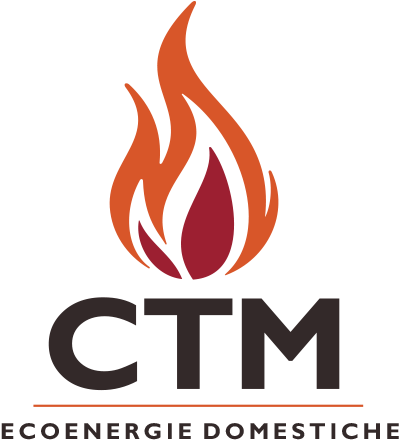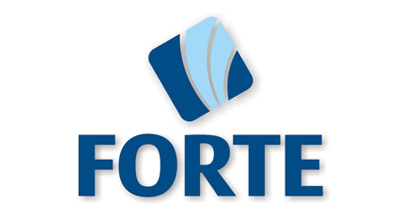Choosing a heating system for your home is one of the most impactful decisions you can make—both for daily comfort and for your family budget. With rising energy costs and increasing attention to sustainability, making the wrong choice today can translate into high bills and a significant environmental impact tomorrow.
Do you feel lost among technical terms like “COP,” “efficiency,” and “calorific value”? Are you worried about investing a substantial amount in a system that might not be suitable for your home, your climate, or—worse yet—could become outdated with the new 2025 regulations?
Don’t worry. This guide was created to provide clarity. We will analyze point by point the three most discussed solutions on the market today: pellet stoves, heat pumps, and condensing boilers. By the end of this reading, you will have all the tools to make an informed, conscious decision tailored to your real needs.
The starting point: what to consider before choosing
Before comparing technologies, you need to assess your starting point. The perfect solution doesn’t exist universally—but there is one that’s perfect for you. Carefully evaluate these four factors.
Size and thermal insulation of your home
A large, poorly insulated home (with an outdated or absent thermal envelope) loses heat quickly and requires a powerful system capable of reaching high temperatures rapidly. Conversely, a modern, well-insulated, and compact home requires less energy and works best with systems that operate at lower temperatures, such as underfloor heating.
The climate zone where you live
Do you live in an alpine area with harsh winters and temperatures often below freezing? Or do you live in a mild climate where frost is rare? Some technologies, like standard heat pumps, may lose efficiency in extreme cold, while others, such as boilers, provide consistent performance.
Your budget: initial cost vs. operating cost
It’s essential to distinguish between the initial investment (purchase and installation costs) and operating costs (the bills you will pay every month). A system that is inexpensive to install could prove very costly over time, and vice versa. The right choice is the one that strikes the best balance for your wallet.
Regulations and tax incentives for 2025
The government encourages the transition to more efficient and sustainable systems. Incentives such as the Ecobonus or Conto Termico can drastically reduce the initial expenditure, making higher-performing—but more expensive—technologies accessible.
Viessmann wall-mounted air-conditioner series Vitoclima 200-S Comfort 21000BTU colour White
READY FOR DELIVERY – BOSCH heat pump CS3000 AWS 15s-ES series code 7735252172
System Analysis: Advantages and Disadvantages Compared
Now that you have your personal overview, let’s take a closer look at the three main contenders in home heating: condensing boilers, pellet stoves, and heat pumps.
Condensing Boiler: The Reliable Evolution
This system is the evolution of the traditional gas boiler. It works by burning gas, but unlike older models, it recovers latent heat from exhaust fumes, achieving much higher efficiency.
- Advantages: Low initial cost, proven and reliable technology, and capable of producing domestic hot water instantly. It’s the simplest choice to replace an old boiler without modifying the existing system.
- Disadvantages: You remain tied to methane gas, a fossil fuel subject to price fluctuations. While its efficiency is high, it’s lower than a heat pump, and its environmental impact is not negligible.
Pellet Stove (or Boiler): Natural Heat
This system burns pellets, small cylinders of compressed wood considered biomass. “Air” models heat a room, while “hydro” models connect to radiators and can also produce hot water, fully replacing a boiler.
- Advantages: Fuel costs are often competitive and allow independence from the gas network. Pellet is considered a renewable source if sourced from certified supply chains.
- Disadvantages: Requires storage space for pellet bags and more frequent maintenance and cleaning than other systems. Produces fine dust emissions (PM10), which may be subject to local regulations.
Heat Pump: The Choice of the Future?
The heat pump is a revolutionary system. It burns nothing to produce heat but “moves” it from the external environment (air, water, or ground) into your home using a refrigeration cycle similar to an air conditioner (but reversed).
- Advantages: Extraordinary energy efficiency (measured by COP), can also provide summer cooling, and if powered by a photovoltaic system, has nearly zero environmental impact and operational costs.
- Disadvantages: Highest initial investment among the three options. Standard air-to-water models may struggle in very cold climates (although newer models largely overcome this) and perform best in well-insulated homes, preferably with low-temperature systems (e.g., underfloor heating).
FAQ
Which heating system is the most economical?
The short answer: it depends on what you mean by “economical.”
- Initial investment: A condensing boiler is generally the least expensive to purchase and install.
- Operating costs: A heat pump, especially when paired with a photovoltaic system, provides the lowest bills over the long term.
- Fuel costs: Pellets often have a lower cost per kWh of heat than methane, though prices can vary significantly.
Which heating system is the most effective?
Again, “effective” can have different meanings.
- In terms of energy efficiency: The heat pump is the clear winner. Its Coefficient of Performance (COP) allows it to produce up to 4–5 kWh of heat per 1 kWh of electricity consumed, achieving 400–500% efficiency.
- In terms of speed: A condensing boiler connected to traditional radiators heats spaces very quickly.
For uniform heat: Maximum comfort is achieved by combining a heat pump with underfloor radiant heating, distributing heat evenly and consistently.
Comparative Table: Your Choice at a Glance
| Feature | Condensing Boiler | Pellet Stove/Boiler | Heat Pump |
| Initial Cost | Low | Medium | High |
| Operating Cost | Medium–High | Low–Medium | Very Low |
| Efficiency | High (~95–98%) | High (~90%) | Very High (300–500%) |
| Sustainability | Low (fossil) | Medium (biomass) | High (electric) |
| Ideal for… | Apartments, replacements | Detached homes, non-gasified areas | Well-insulated homes, new constructions |
| 2025 Incentives | Standard | High (Conto Termico) | Very High (Ecobonus) |
The Photovoltaic Factor: How It Changes the Game
It’s worth taking a moment to consider an element that completely changes the equation: a photovoltaic system. If you own or plan to install solar panels, a heat pump becomes almost a must. Powering it with free energy from your roof can dramatically reduce—or even eliminate—heating costs, turning a significant initial investment into a long-term gain.
Pellets, Heat Pump, or Boiler: The Final Choice for Your Home
As you can see, there is no single answer—only the best solution for your specific needs. Choosing between a pellet stove, heat pump, and condensing boiler depends on you, your home, and your priorities.
In summary:
- Condensing Boiler: The pragmatic choice for those with a limited initial budget or needing a simple, quick replacement.
- Pellets: A great alternative for those seeking independence from the gas network and living in homes where fuel storage is convenient.
The heat pump represents the smartest investment for the future—the winning choice for maximum efficiency, sustainability, and minimal operating costs, especially in new or renovated homes.
